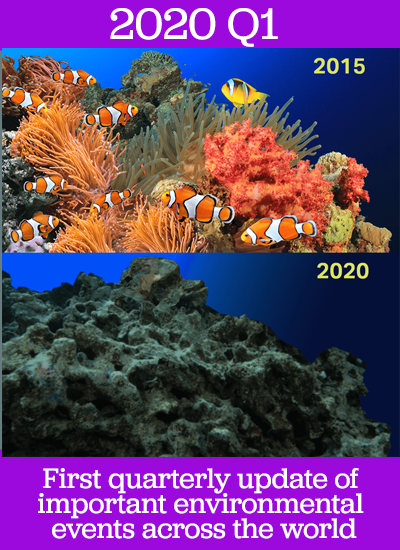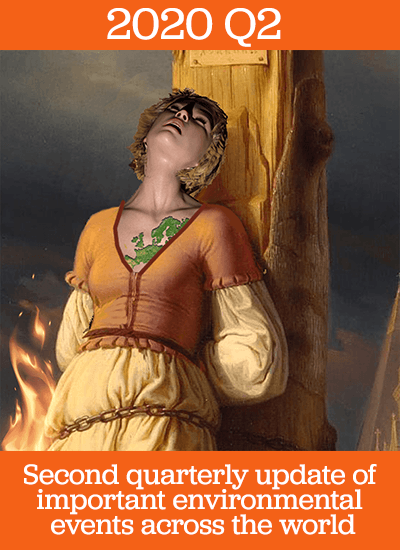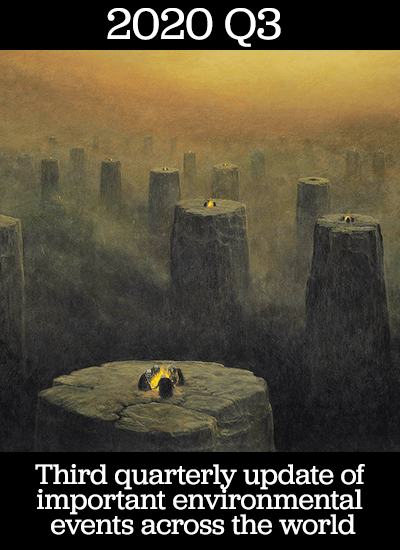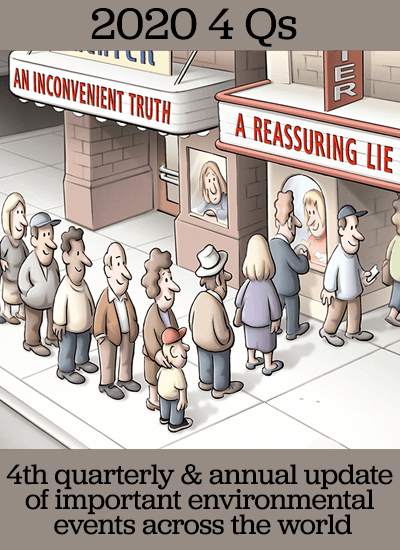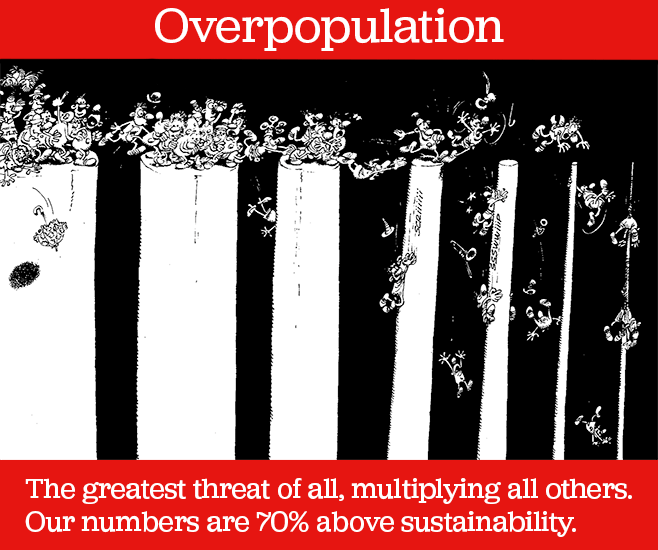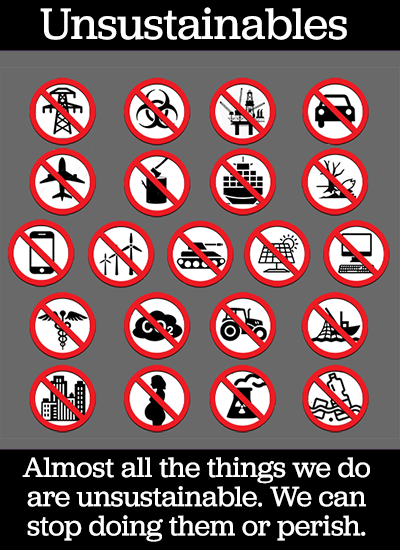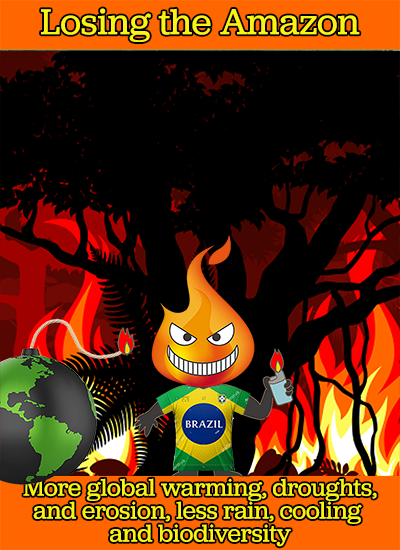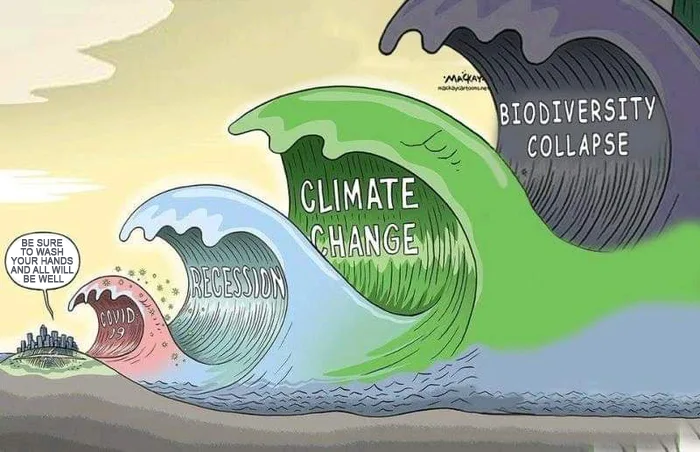Big Pharma as the embodiment of corporate evil
The pharmaceutical industry may seem to be working for the good of humankind but its actual behavior has more in common with organized crime than a charitable business.
Unsurprisingly the companies themselves deny all wrongdoing and claim that they are the victims of "conspiracy theories". In reality there is nothing theoretical about the many crimes for which they have been convicted in courts of law (see the links at the end of the page).
The term Big Pharma is used loosely for the pharmaceutical industry and in particular for the dozen or so big (mainly American) firms that control the bulk of the pharmaceutical market. They are the focus of this article.
Greed
The first remarkable feature of Big Pharma is its enormous wealth. It is one of the most profitable industries in the world, making profits of about 20% while the average is 10%. This is achieved by a wide range of dubious methods.
- bribery of officials to promote legislation that benefits the pharmaceutical industry. It spends about 230 million dollars a year on lobbying, with spectacular results:
- tax cuts for the pharmaceutical industry in general
- tax credits for advertising and marketing
- tax credits for research and development
- research grants
- revolving door policies, enabling corporate executives to switch jobs from companies to government agencies to benefit their companies before switching back again to the grateful companies
- monopolization achieved by mergers and acquisitions to eliminate smaller companies and concentrate power in a small group of giants
- advertising and marketing to convince the public that they need drugs and to persuade doctors (often with all kinds of perks, including cash) to prescribe particular brands of drugs
- exorbitant pricing thanks to a patent system that gives makers exclusive rights to sell certain drugs for many years
- concentrating on profitable "luxury" drugs (e.g. against baldness) rather than less profitable but necessary ones (e.g. against tropical diseases)
Misbehavior
Pharmaceutical companies habitually engage in a wide variety of offences and crimes, ranging from simple tax fraud to sinister experiments on humans. Since the year 2000 they have been fined by American courts to a total of more than 50
billion dollars for their wrongdoings.
Some examples:
- in the 1990s pharmaceutical companies introduced and heavily promoted opioid-based painkillers, which they claimed to be non-addictive. That claim was false. They caused widespread addictions known as the opioid epidemic, which still exists today. Their use often leads to the use of recreational drugs such as heroin. Nevertheless they are still prescribed in large numbers. Millions of people misuse opioid medication and almost 15,000 died from an overdose in 2018
- in response to the addiction problems created by their drugs pharmaceutical companies started to market even more drugs to combat those addictions
- in 2001 a major pharmaceutical company marketed a painkiller that had not been approved by the Federal Drug Administration. It got caught and pleaded guilty, which should have meant the end of its existence, but it was only fined, because the consequences would be too harmful for others
- that same company had tested an experimental drug on children in Nigeria, killing 11 and seriously harming dozens more
- common discomforts of life were (and are) portrayed as serious diseases that urgently require prescription drugs
- normal variations in female sexual activity were branded as Female Sexual Dysfunction
- early signs of bone loss were called Osteopenia as a prelude to serious Osteoporosis although that need not be the case
- the drumming of fingers became an Adult Attention Deficit Disorder
- active behavior in children was inflated into ADHD
- drugs are aggressively promoted for conditions that could be tackled much better by changes in lifestyle. Especially in rich countries unhealthy lifestyles (smoking, drinking, eating junk food, inactivity etc.) do far more harm than actual diseases. For example, the majority of heart attacks and strokes could be prevented by healthy living
- etc. etc. etc.
As testimony of the awesome power and influence of Big Pharma not one of its executives was ever jailed for this litany of wrongdoings.
Environmental harm
The first major problem about the environmental impact of the pharmaceutical industry is an astounding lack of attention for the problem. Although the harm done has been reported in many scientific studies, it has largely been ignored, especially by the industry itself.
This lack of attention seems to have created the impression that the pharmaceutical industry does little harm to the environment. Sadly, the opposite is true.
CO2
In 2019 a study into the "Carbon footprint of the global pharmaceutical industry and relative impact of its major players" showed that in 2015 the emissions of pharmaceutical companies were 55% higher than those of the automotive industry, making Big Pharma a significant contributor to global warming.
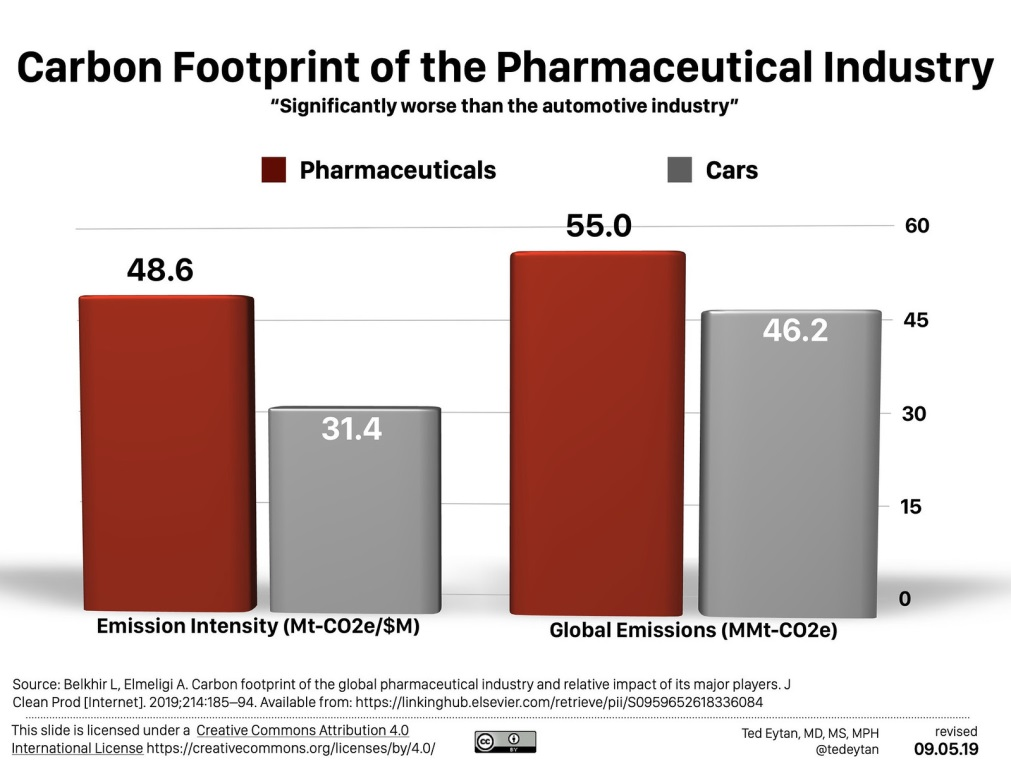 Pharmaceutical waste
Pharmaceutical waste
Although it has been known for decades that pharmaceutical products do considerable harm to the environment, very little has been done to remedy this, either by the industry itself or by lawmakers.
Pharmaceutical waste has two main sources: drugs excreted and thrown away by users and drugs discarded by manufacturers. The chemicals released in the environment are known as active pharmaceutical ingredients (APIs), which can have a serious impact on living organisms because that is what they were made for. They mostly end up in the oceans where they do considerable harm to aquatic life. Discarded antibiotics are also causing an increase of drug-resistant bacteria, which may grow into a considerable health problem for humans.
Unsustainability
From an angle of sustainability the pharmaceutical industry is as doomed as any industry can be. Apart from all its harmful activities discussed above, it is also at the top of the hi-tech pyramid, using countless products and practices that are unsustainable as such. This means that it has no future in its present form, because the only realistic future is a sustainable one.
Cruelty to animals
In view of its proven disregard for the well-being of human beings and the planet it will come as no surprise that the pharmaceutical industry is also indifferent to the suffering of the millions of animals subjected to useless experimentation and testing every year.
Apart from their blatant immorality animal tests have proven to be very unreliable when their outcomes are applied to humans. According to the American FDA more than 90% of drugs that passed animal tests failed to obtain approval for use on humans. Nevertheless they are passionately supported by professionals from the industry. Recent studies have shown, however, that this support is largely based on anecdotal "evidence" and not on scientific facts.
Overpopulation
Finally we come to perhaps the greatest problem of all. We have left it to the end because it is sensitive and might have scared off readers unwilling to view matters dispassionately. Nevertheless it demands attention.
Modern medicine is generally viewed as an absolute good. It is not. Like everything else it can be used to bad effect. And that is exactly what has been happening in the last seventy years or so. It has been applied mindlessly, without any thought for the consequences, the most significant being overpopulation and degeneration of the species. The reality of both is indisputable.
According to the Encyclopedia Britannica overpopulation is a
"situation in which the number of individuals of a given species exceeds the number that its environment can sustain". We obviously reached that situation many decades ago, witness the need for unsustainable farming methods to keep us fed. Our overabundance is also proven by the dramatic decline of wildlife (and their habitats) since then, as shown in the following graph.
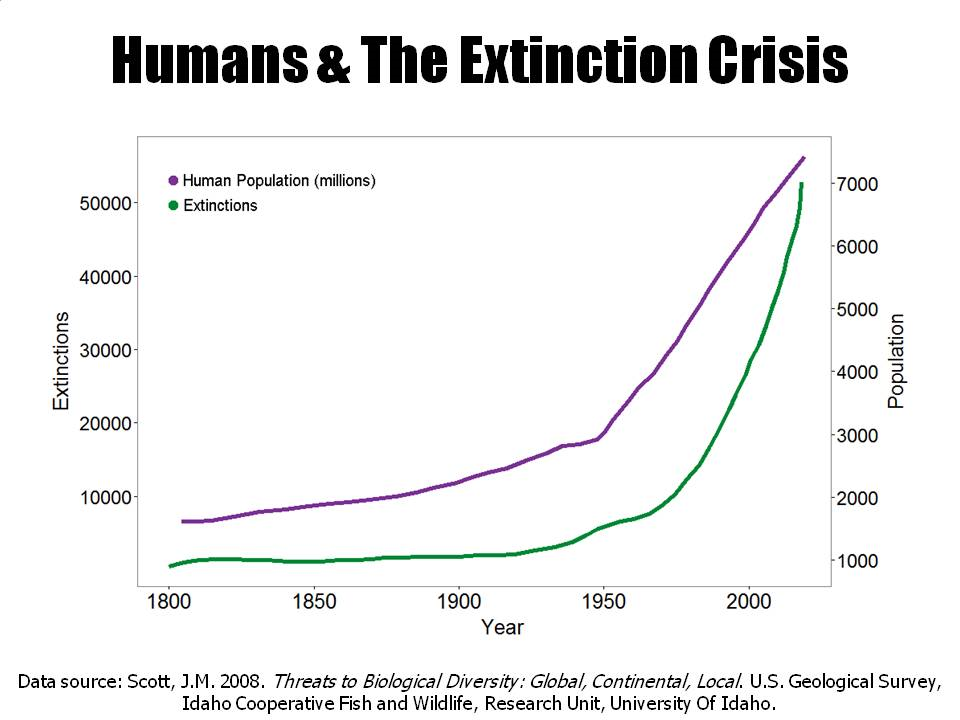
Nevertheless many people deny the reality of overpopulation, not with rational arguments but because they fear the measures that may be taken to reduce it. That fear is justified. Humanity's willingness to commit atrocities is no secret. But it does not change the fact that there are too many people and that this will certainly lead to even greater atrocities if nothing is done. Fortunately there are other options, albeit draconic ones. Strictly enforced birth control springs to mind. More importantly, we need to stop making things worse by artificially keeping people alive who are not viable.
The pharmaceutical industry has largely been responsible for this, not out of tender loving care, which it demonstrably lacks, but for profit. An ageing population is a boon for Big Pharma because older people need more medication and even if they don’t need it, advertising will make them think they do.
Our current overpopulation is by far the greatest threat to our continued existence because it multiplies all our self-destructive activities.
Degeneration
Excessive medicine not only increases the quantity of humans, it also decreases their quality. By keeping individuals alive who would not survive naturally, it creates an enormous group of vulnerable people, which seriously weakens the survivability of the species. This was painfully demonstrated by the coronavirus. Its
relative severity was a direct consequence of the large groups of vulnerable people in the richer countries. People did not die because the virus was so strong but because they were so weak.
In other words, from a purely evolutionary angle Covid-19 could have been viewed as a benefit to humanity. If it had been allowed to run its course, it would have killed 20 million people at most (7.8bn x 0.26%) and done so almost entirely in keeping with the mechanism of survival of the fittest. This would have made humanity as a whole younger and fitter and therefore much better equipped to face the next calamity, viral or otherwise.
"Every night I watch the nightly news. It's funded by the pharmaceutical companies. Virtually every ad is a drug ad. They get their say every night on the nightly news through advertising."
Michael Moore



